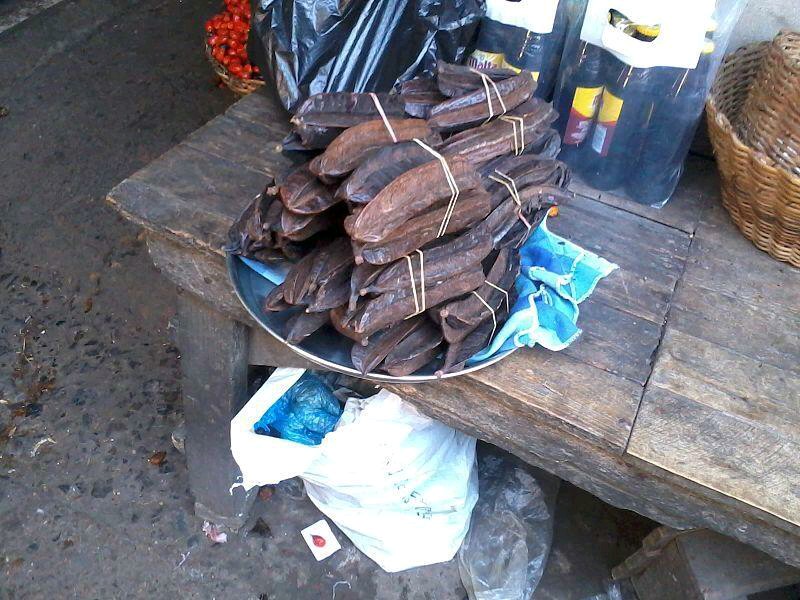by Moses B. Ekong, Senior Lecturer, The University of Uyo
Epilepsy is a brain disorder that arises from imbalances of brain chemicals called neurotransmitters. This disorder manifests as recurring seizure, unconsciousness and momentary loss of memory. These events are frequent and unpredictable. This is because the brain cells called neurons either overwork or are unable to balance the release of two chemicals that are vital for normal brain function: gamma aminobutyric acid and glutamate.
The burden of epilepsy in Nigeria is high, with estimated prevalence of eight per 1,000 people.
Adults over 55 years of age have a higher risk factor of developing epilepsy because they are more likely to have head injury, stroke or develop brain tumours or Alzheimer’s disease, which can all cause epilepsy. But epilepsy does occur in childhood too.
Epilepsy is a serious condition and it can be difficult to find the right drug to treat it. Some commonly used antiepileptic drugs may show adverse effects. Most are expensive, and some may be ineffective. There’s therefore a need to explore new alternatives.
A plant that grows in Nigeria shows promise as the source of a new drug.
Tetrapleura tetraptera also known as aidan and uyayak, is a tree found in the West African rainforest belt. It is single-stemmed and about 30 m in height. Its fruit, the most utilised part, is green when unripe, dark red-brown when fully ripe, and 22-27 cm in length. This fruit gives a characteristic aromatic odour, making it a sought-after spice in some Nigerian dishes.
Some traditional medical practices, as well as research reports, piqued our interest in its potential in epilepsy management.
Our research into the plant found that an extract of its fruit could protect against seizure and prevent brain degeneration. It could therefore be studied further for the development of a new antiepileptic drug.
What we did
To test the plant’s properties, we induced sustained seizure in laboratory animals and gave the fruit extract to some of the animals. We gave a standard antiepileptic drug, sodium valproate, to another group of animals.
Approval for the study was granted by the Faculty of Basic Medical Sciences Ethical Committee, University of Uyo, Nigeria. All recommendations and protocols involving handling and care of the animals by the National Research Council of the United States of America were strictly adhered to in our research.
The aidan extract prevented the manifestation of seizure just like the sodium valproate.
Epilepsy causes brain cell degeneration. But we found that aidan protected the animals’ brains against degeneration better than the sodium valproate.
Neurodegenerative diseases cause the brain and nerves to deteriorate over time. They can change personality and cause confusion. They can also destroy brain tissue and nerves.
We found useful properties in the plant’s phytochemicals – the compounds it produces. Phytochemicals, also called secondary metabolites, are the active constituents of such plants. These include tannins, phenolics, saponins, alkaloids, steroids, flavonoids and terpenoids. Metabolites help the body to withstand stress, overcome cell injury and fight against germs, among other functions.
The ratios of these phytochemicals to one another determine the unique properties of plants. Aidan is rich in phenols, alkaloids and flavonoids; these phytochemicals are responsible for the antioxidant properties of plants known to protect against metabolic stress. Metabolic stress often leads to a spectrum of disease conditions.
Aidan is also a source of calcium, phosphorous, potassium, zinc and vitamins. This makes the plant very useful nutritionally and medicinally.
What next?
Our findings are important as the potentials of this plant can be explored for antiepileptic drug development. As a natural product, it does not only possess antiepileptic activity, it has numerous constituents that may also serve as alternative medication or an addition to medications in other related disease conditions.
Clinical trials of either crude or pure samples can be undertaken for anti-epileptic drug development as a first phase of clinical utilisation of the plant.
This article is republished from The Conversation under a Creative Commons license. Read the original article.

